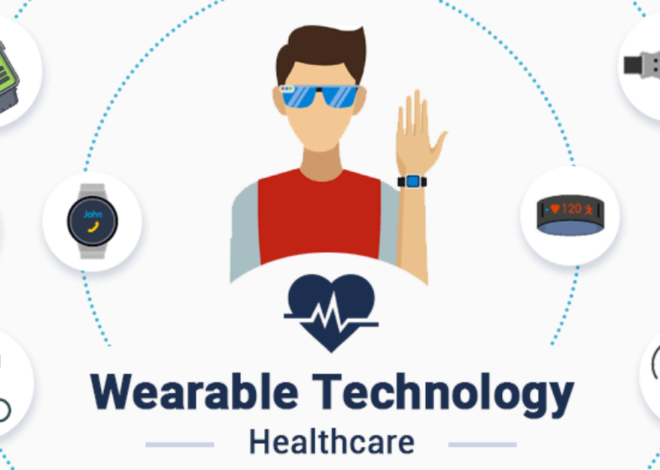
The Role of Technology in Healthcare
Technology has transformed the healthcare industry, enhancing patient care, streamlining processes, and improving medical research. From advanced diagnostics to telemedicine, technology plays a crucial role in shaping modern healthcare. Here are some of the key ways technology is revolutionizing the field.
1. Telemedicine and Remote Care
- Allows patients to consult doctors remotely, reducing the need for in-person visits.
- Enhances accessibility to medical services, especially in rural or underserved areas.
2. Electronic Health Records (EHRs)
- Provides a digital repository of patient information for better coordination among healthcare providers.
- Improves efficiency and reduces errors in medical documentation.
3. Artificial Intelligence and Machine Learning
- Helps in diagnosing diseases, analysing medical data, and predicting patient outcomes.
- Enhances precision in medical imaging and personalized treatment plans.
4. Wearable Health Devices
- Tracks vital signs such as heart rate, blood pressure, and glucose levels.
- Empowers patients to monitor their health and detect potential issues early.
5. Robotics in Surgery and Patient Care
- Assists surgeons with minimally invasive procedures for greater precision.
- Supports rehabilitation and elderly care through robotic assistance.
6. 3D Printing in Medicine
- Produces customized prosthetics, implants, and even organ tissues.
- Accelerates medical innovation and personalized healthcare solutions.
7. Big Data and Healthcare Analytics
- Helps in predicting disease outbreaks and improving treatment strategies.
- Enhances decision-making for healthcare professionals and policymakers.
Final Thoughts
The integration of technology in healthcare continues to drive advancements, making medical services more efficient, accessible, and personalized. As innovations evolve, the future of healthcare looks promising, with technology playing a pivotal role in improving patient outcomes and medical practices.



